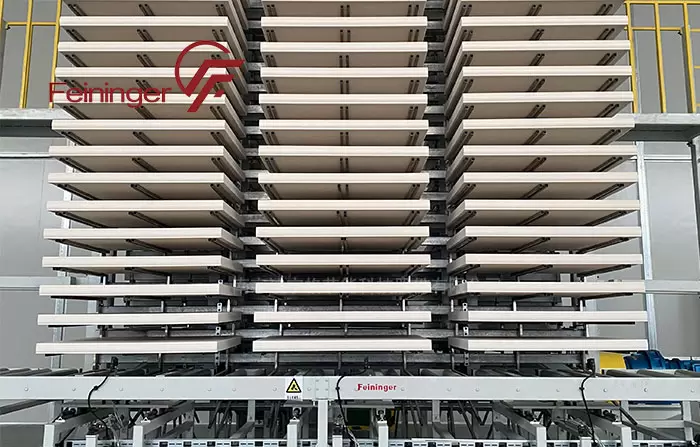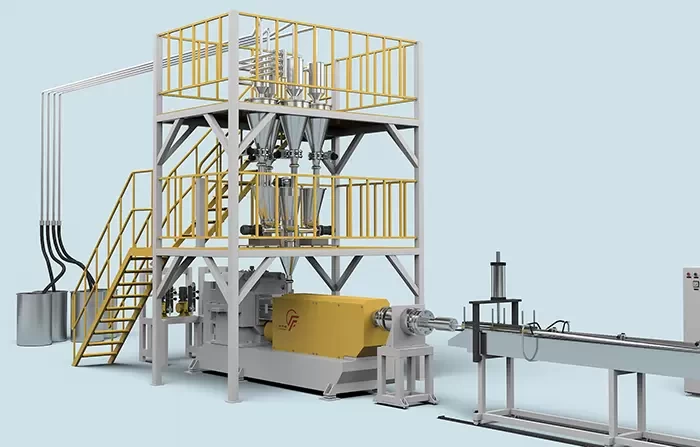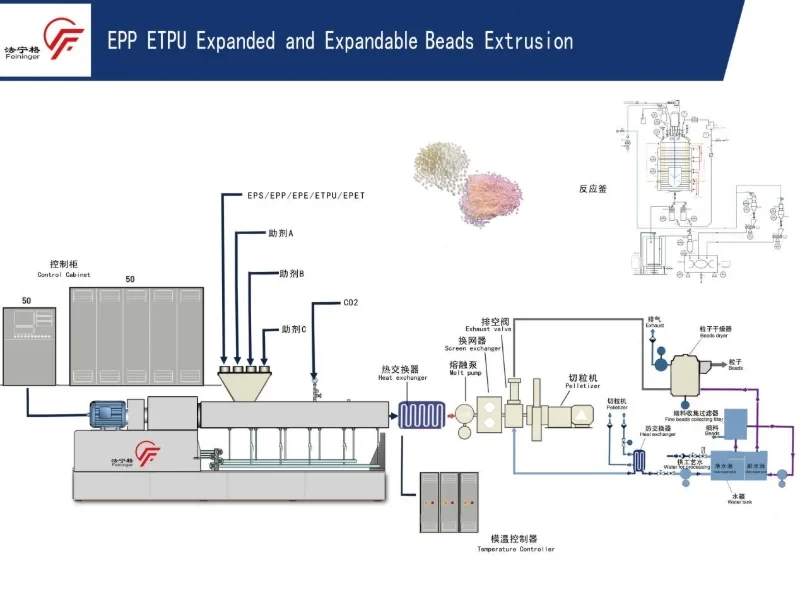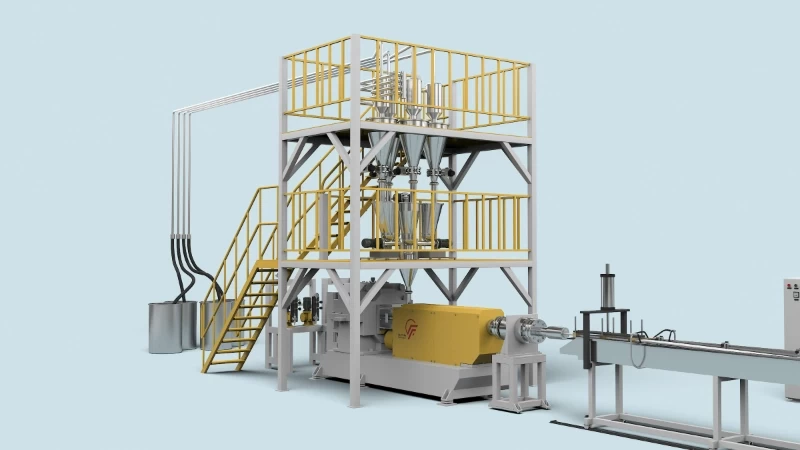Technology
14
Nov . 2024PET foam extruder machines are essential in the production of lightweight, durable, and versatile materials used across various industries, including packaging, automotive, and construction. These machines are designed to ensure high performance, energy efficiency, and long-term reliability. Feininger’s PET sheet extrusion lines stand out by offering customizable modular designs that enhance productivity, reduce costs, and improve energy consumption.
However, like any high-tech industrial equipment, PET foam extruder machines can encounter issues from time to time. Understanding common problems and their solutions can help maintain optimal performance and prevent costly downtime. In this blog, we’ll explore some of the most common issues with PET foam extruder machines and provide solutions to help you troubleshoot and resolve them.

Problem: One of the most common problems with PET foam extruder machines is inconsistent foam quality. This can manifest as uneven foam density, irregular cell structure, or poor surface finish.
Cause: The issue often stems from improper temperature control, incorrect material formulation, or fluctuations in extrusion speed.
Solution:
Problem: Clogging is a frequent issue in PET foam extruder machines, which can disrupt production and even cause damage to the machine if left unresolved.
Cause: This can happen due to contamination in the raw materials, inadequate material pre-heating, or an improperly maintained extruder screw.
Solution:
Problem: While PET foam extruder machines are designed for energy efficiency, sometimes production lines may experience excessive energy consumption, leading to increased operational costs.
Cause: Inefficient machine settings, such as incorrect screw speeds, improper heating, or using outdated technology, can lead to higher energy demands.
Solution:
Problem: Overheating can cause melting issues, leading to poor material quality or even machine damage. It’s crucial to maintain the correct temperature profile to ensure smooth operation.
Cause: Overheating typically occurs due to improper cooling, inefficient temperature control systems, or a malfunction in the temperature sensors.
Solution:
Problem: PET foam products, such as sheets or boards, may suffer from dimensional inconsistency, such as warping or uneven thickness, which can affect product quality.
Cause: This issue can arise due to improper die settings, inconsistent cooling, or variations in the extrusion speed.
Solution:
Problem: Over time, key components of the PET foam extruder machine, such as the extruder screws, barrel liners, and die heads, may experience wear and tear.
Cause: Continuous use, improper material formulations, and lack of regular maintenance can accelerate wear on critical parts.
Solution:
Feininger’s PET sheet extrusion lines offer high performance, energy efficiency, and flexibility for companies in the plastics industry. However, like any advanced equipment, PET foam extruder machines may face challenges that could disrupt production. By understanding the common issues and knowing how to troubleshoot them, you can keep your production line running smoothly and efficiently.
Regular maintenance, optimal settings, and proper material handling are key to ensuring the longevity and reliability of your extruder machine. If you encounter persistent issues, don’t hesitate to consult with experts or upgrade your machinery to benefit from the latest technological advancements that improve productivity and reduce costs.
Mobile Phonel: +86-13776668008
Email: market@feininger.cn
Website: http://www.xpsmachine.com/
Address: No.2 Zhonglin Road,TangshanIndustry Area,Nanjing City, JiangsuProvince,China
Latest News

 28 Feb 2025
28 Feb 2025 Exploring the XPS Cornice Production Line: Key Benefits and Features
In the ever-evolving world of construction and architectural design, XPS (extruded polystyrene) foam is rapidly gaining popularity as a versatile material for moldings and decorative elements.
 29 Apr 2025
29 Apr 2025 EPP Beads Foam Production Line: Key Benefits for Lightweight and Durable Foam Products
In the field of advanced polymer foam manufacturing, Expanded Polypropylene (EPP) has emerged as a star material for delivering lightweight, durable, and eco-friendly foam solutions across industries.
 28 May 2025
28 May 2025 Common Mistakes to Avoid When Operating a PS Skirting Production Line
In the world of interior and exterior decoration, PS skirting boards have become a preferred choice due to their lightweight nature, aesthetic versatility, and ease of installation.